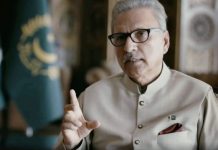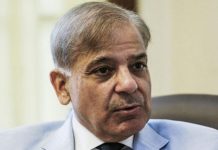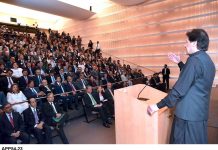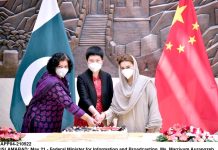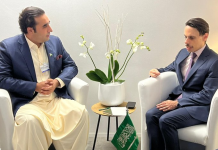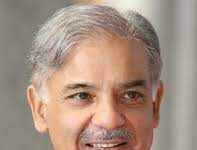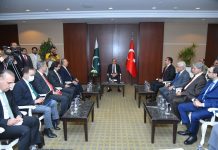ISLAMABAD: Adviser to the Prime Minister on Foreign Affairs Sartaj Aziz on Sunday said India could not succeed in its attempts to damage Pakistan’s relations with Afghanistan and creating differences between the two brotherly states.
“Indian attempts cannot impact our relations with Afghanistan, which are based on strong links of religion, history, culture and at people-to-people level,” Aziz said at a press conference soon after his arrival from his visit to Amritsar to attend the Heart of Asia Conference.
He said Indian efforts to separate the ‘conjoined twins’ – Pakistan and Afghanistan – would not bring any favourable result for it.
He said Pakistan was concerned about terrorism in Afghanistan, a country which had suffered a lot.
To his meeting with Afghan President Ashraf Ghani, Sartaj Aziz said he reassured him of the commitment made by Prime Minister Nawaz Sharif during his 2015 Kabul visit to not let his country’s soil used against Afghanistan.
However, he said Afghanistan needed to cooperate with Pakistan on border management to check movement of terrorists and drug smugglers.
Reacting to the statement of Afghan President Ashraf Ghani at the Heart of Asia Conference, Aziz said it was “regrettable” but “understandable” in a way that it was result of the anxiety due to the increased level of bomb blasts and terrorist attacks in Afghanistan.
Aziz said the Amritsar Declaration issued at the conclusion of Heart of Asia Conference was a ‘balanced statement’, however, the Indian media tried to project the reference to Lashkar-e-Tayyaba, Jaish-e-Muhammad and Haqqani network to press Pakistan.
“But, if you carefully read the declaration, it also mentioned TTP (Tehreek-e-Taliban Pakistan), Jamatul Ahrar and many other regional organizations like Daesh, ILU and Jandullah because the context was not the terrorism in Afghanistan but in the region.”
The declaration, he added, in fact called upon all the countries to take action in accordance with their national counter-terrorism policies and in case of Pakistan, it was all part of its National Action Plan.
“We are not doing it under any external pressure, but in our own national interest and security,” he emphasized.
At the conference, he said he presented in his statement ‘an objective assessment of the challenges’ Pakistan and Afghanistan were facing at present and highlighted the importance of a politically-driven solution.
The adviser said on the sidelines of conference, he held meetings with Iranian Foreign Minsiter Javad Zarif and discussed bilateral cooperation particularly in the wake of lifting of sanctions.
With the Foreign Minister of Turkmenistan Rasit Meredow, Aziz said the ‘useful meeting’ was held where the latter was appreciative of the PM’s recent statement on joining the Lapis Lazuli corridor project.
During the meeting with the Chinese Assistant Foreign Minister, he said, peace in Afghanistan and ways to carry on the Quadrilateral Coordination Group process were discussed.

